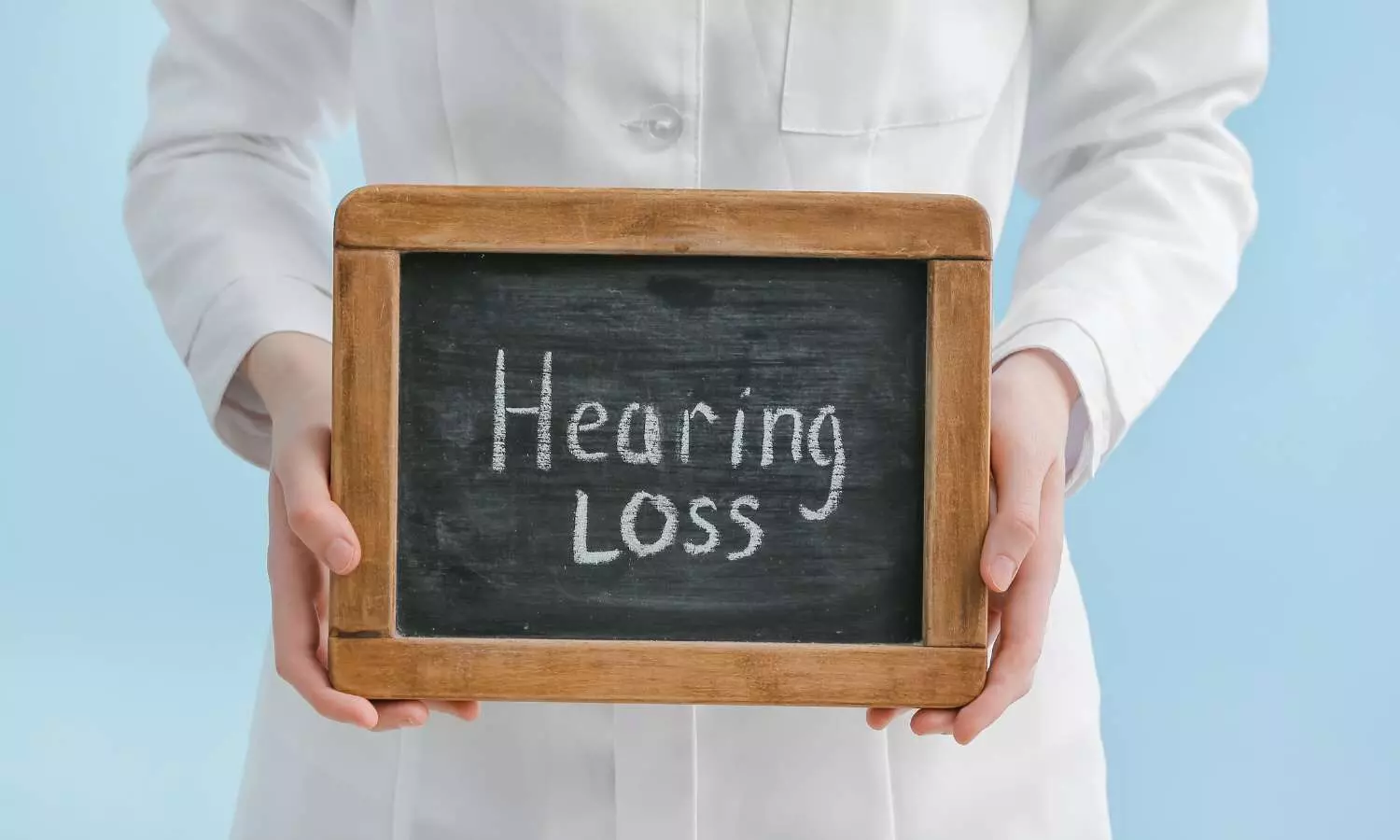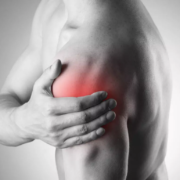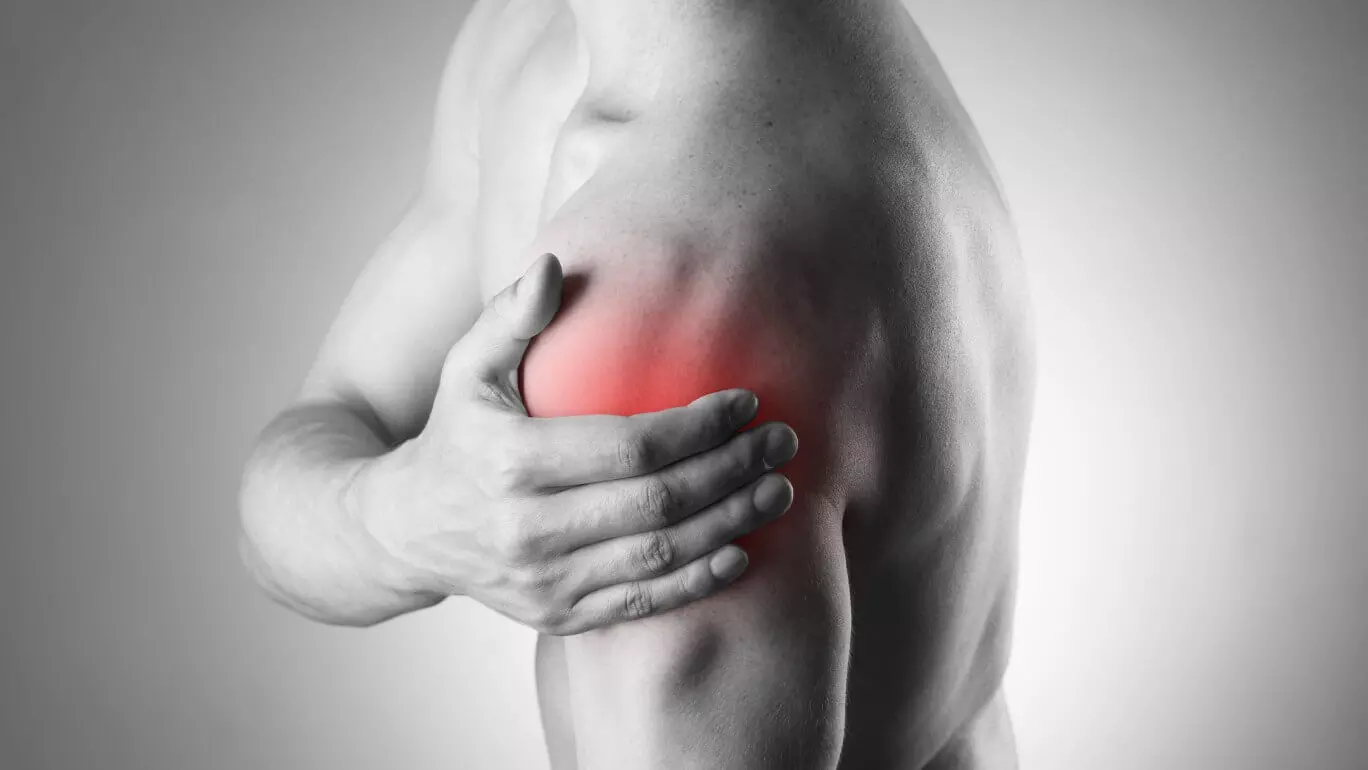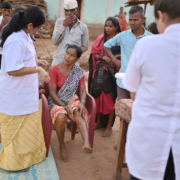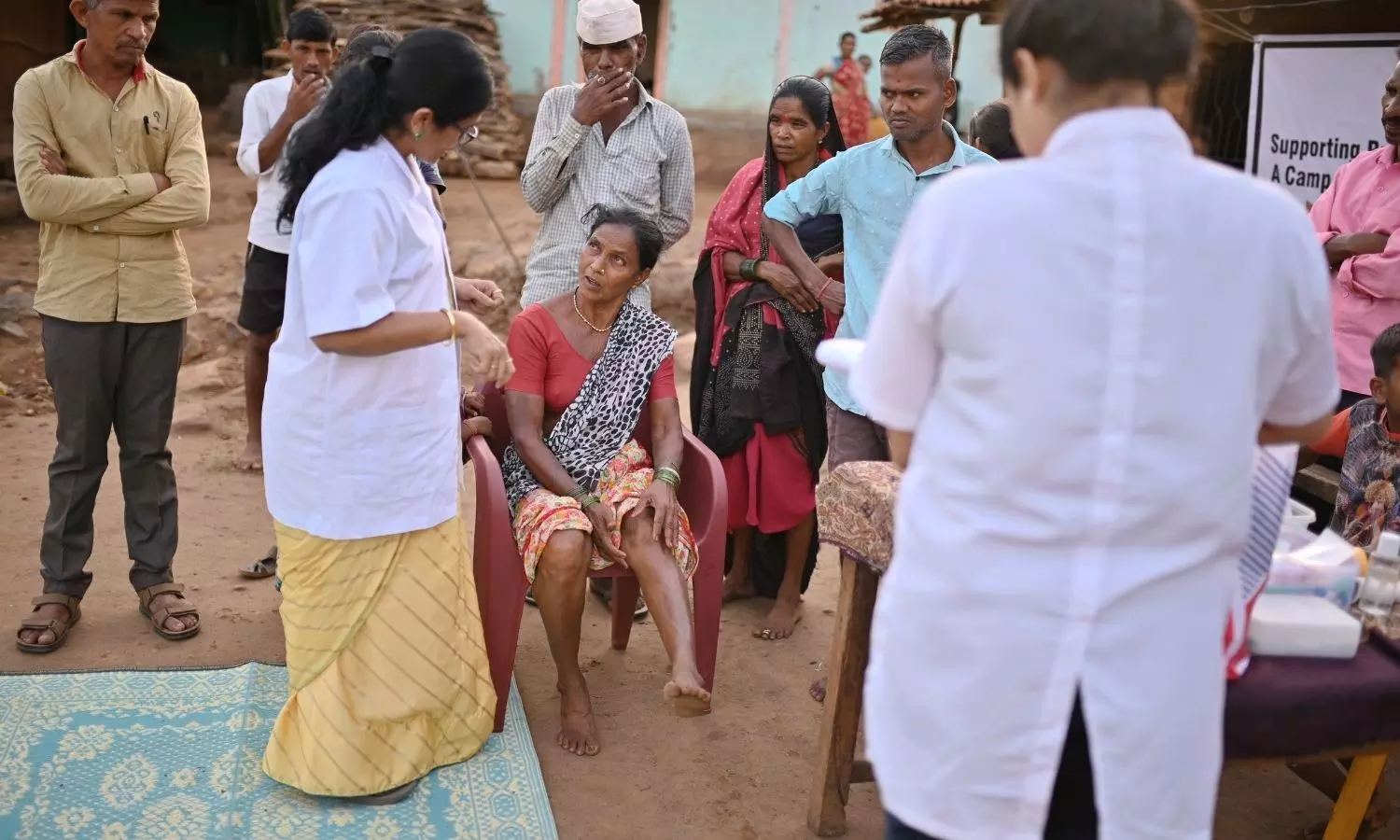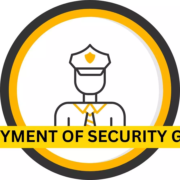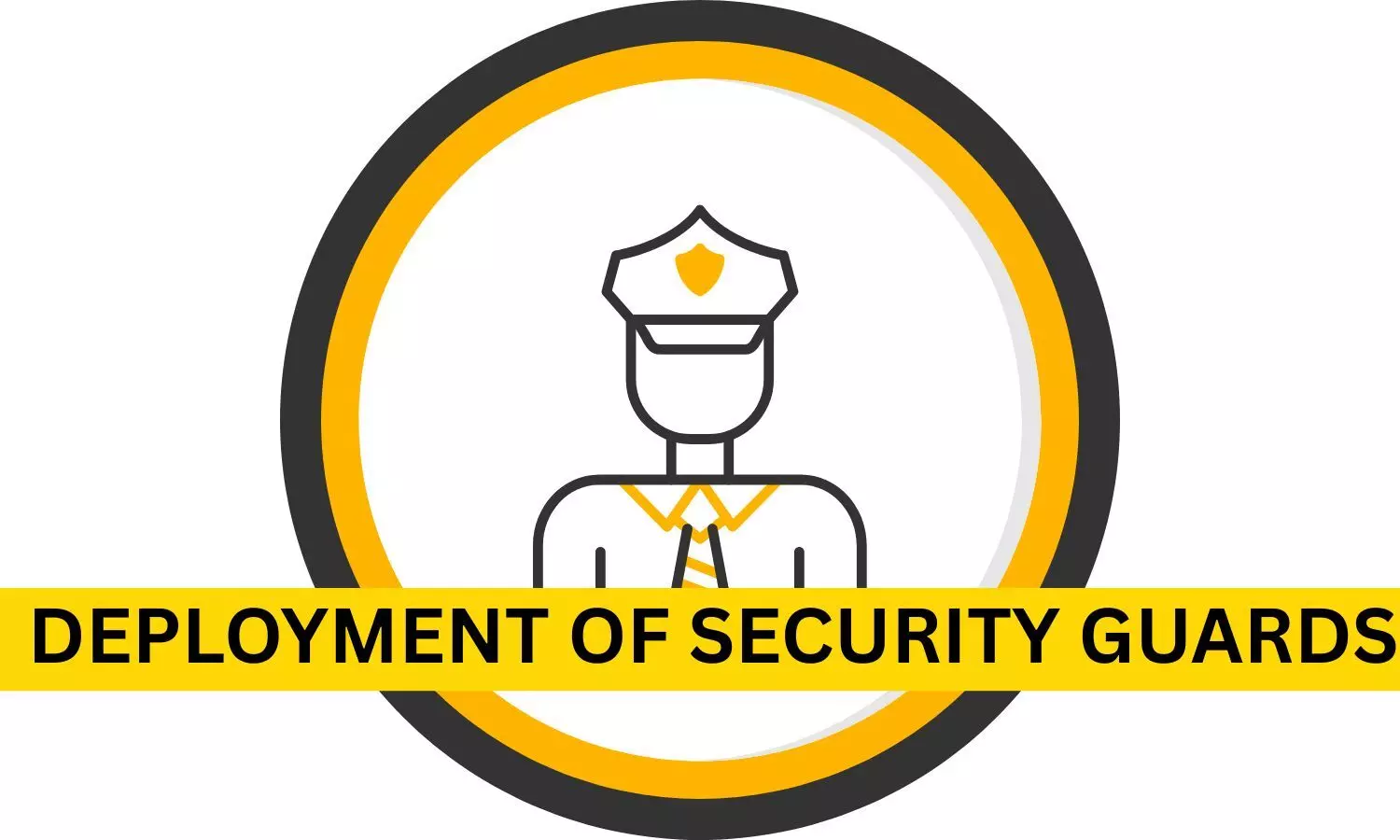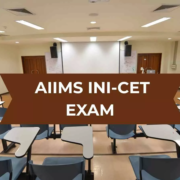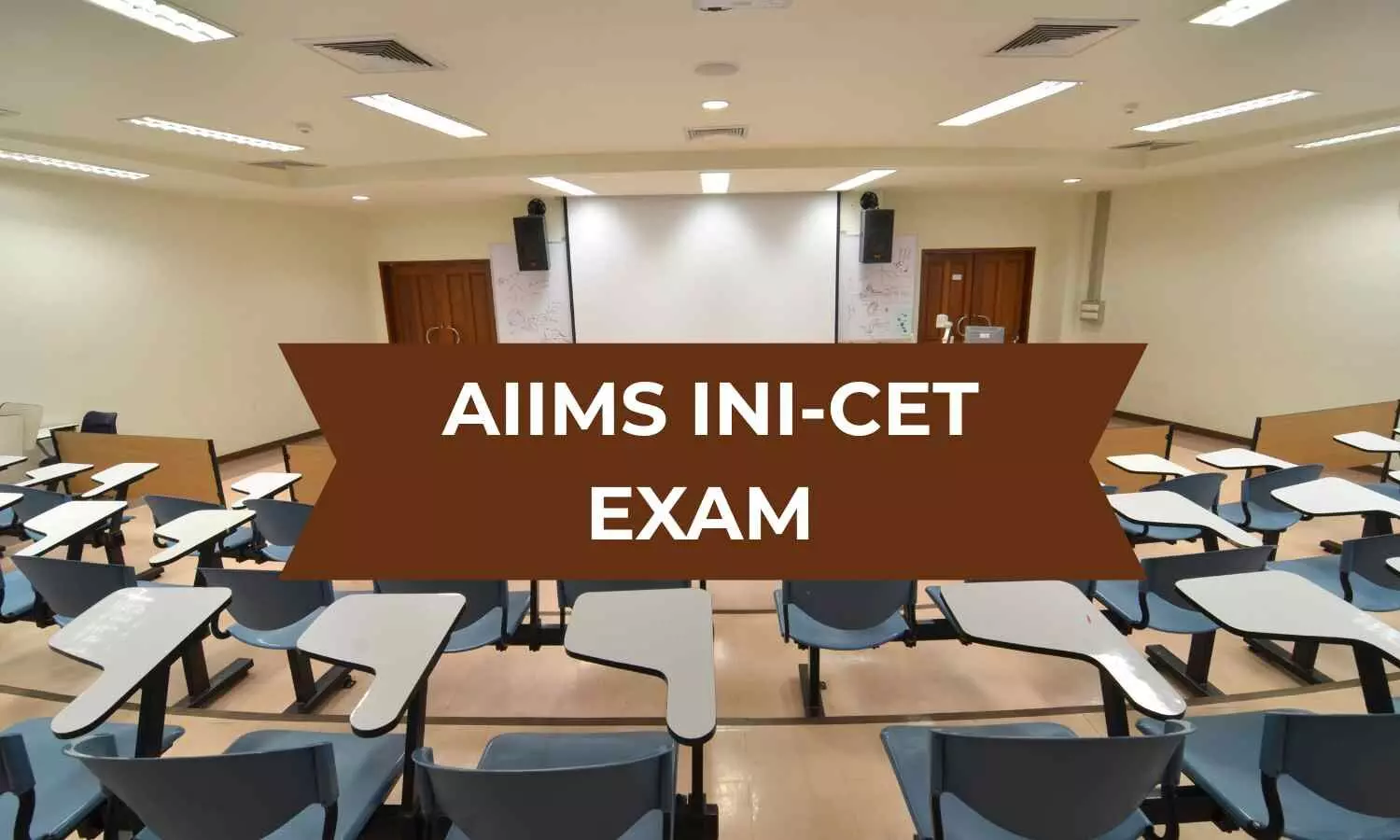
New Delhi: Through a recent notice, the All India Institute of Medical Sciences,
AIIMS New Delhi, recently invited online applications for the Institute of National Importance Combined Entrance Test INI CET January 2026 for admission to PG courses (MD, MS, MCh 6 years, DM 6 years, MDS and MD Hospital Administration) of AIIMS.
The AIIMS has released the prospectus detailing all the exam details for the concerned aspirants.
All the candidates seeking to appear in INI CET 2026 January session are advised to take note of the following details:
Overall process of INI-CET January 2026 session
The INI-CET has three sequential phases, namely:
Phase I: Application
Phase II: Examination
Phase III: Seat Allocation
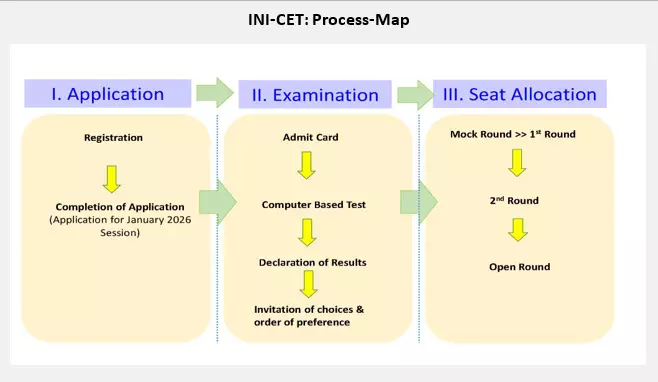
Eligibility for appearing in INI-CET
The eligibility criteria are mentioned under this section are limited to application and examination component of INI-CET. .
No candidate can be eligible for seats under both INDIAN NATIONAL and FOREIGN NATIONAL categories.
A. For Indian Nationals
Indian Nationals shall include candidates who are citizens of India
(i) A candidate must possess MBBS degree for MD, MS, DM-6yrs, MCh-6yrs, MD (Hospital Administration)*, and BDS** degree for MDS courses of a University recognized by the National Medical Commission/Medical Council of India as notified by Govt. of India and Dental Council of India respectively and must have completed the required period of 12 months compulsory rotating Internship/Practical training on or before 31st January, 2026 for all INIs. [For Dental courses, candidature will be as per DCI endorsement No.DE-130- 2011/B-4978, dated 13.12.2011, DCI Revised BDS Course (4th Amendment) Regulation- 2011 published in Gazette notification (Extraordinary) Part-III, Section-4, dated 9.12.2011]. Candidates who will complete their internship after 31st January, 2026 are not eligible for Registration in this examination.
*For PGIMER Chandigarh: – For MD (Hospital Administration) a minimum experience of three years in a hospital in the relevant field or five years in general practice. A certificate issued by the District Magistrate in support of the general practice claimed should be enclosed with the application.
**In reference to the proviso inserted in terms of (6th Amendment) notification in BDS Course regulations 2007, Dental Council of India published on 24.6.2013 in the Gazette of India, following will be applicable:
Students of 2007-2008 BDS batch who are declared passed with 4 ½ + 6 months Paid Rotatory Internship or 5-year duration course, as the case may be, as per Revised BDS Course (4th Amendment) Regulations, 2011, shall be deemed at par/equivalent with 4+1 year BDS Course, including one year Paid Rotatory Internship programme, for all interns and purposes i.e. for admission in MDS Course, applying for Govt Jobs, registration in State Dental Councils etc.
A candidate may be eligible for admission into any INIs or only at some specific INIs depending upon fulfillment of eligibility criteria applicable to respective INIs (details in Part B of Prospectus of respective INIs). Making Seat Choices & order of preference after declaration of result will be allowed provisionally as per applicable eligibility criteria of admission into respective INI.
(ii) Minimum Marks in MBBS/ BDS or equivalent Examinations.
The Indian National, who has obtained eligibility degree in India, must have obtained a minimum of the following marks (aggregate of all professional MBBS/BDS professional examinations):
a) For candidates belonging to the SC/ST Categories – 50% marks in aggregate
b) For all other categories including OBC/EWS Category – 55% marks in aggregate
c) For Persons with Benchmark Disabilities [PWBD] candidates the minimum aggregate as provided in (a) and (b) will be applicable for the category to which the candidate belongs.
Explanation: 1
It has been observed that applicants incorrectly fill total marks of the first or third professional examination instead of Aggregate of all MBBS / BDS Professional (4 years) exams marks. Aggregate of all professional MBBS/BDS professional examinations is required to be filled. In case of supplementary exam in one or more subject, please use only the marks (Obtained) for successful completion.
For Sponsored Candidates (Indian National)
The eligibility of Sponsored Candidates with respect to the minimum marks in aggregate in all the MBBS/BDS professional examinations will be the same as for candidates as mentioned above in points (ii)a, (ii)b, and (ii)c as applicable.
Sponsorship Certificate: It is mandatory to upload valid “Sponsorship certificate” on or before last date of submission as mentioned in Important Dates Section of PART-A. Please note that candidates have to submit original sponsorship certificate at the time of admission, failing which their candidature will be cancelled.
The candidate concerned shall be employee of the deputing/ sponsoring authority and should have been working for three years (on or before 31st January/31st July for January/ July sessions for All AIIMS/ PGIMER, Chandigarh/ NIMHANS, Bengaluru/SCTIMST, Trivendrum and candidate applying for JIPMER Puducherry are required three-year service as mentioned in Prospectus Part-B of respective institute.
For Indian National graduated from Foreign Universities
For Indian National candidates who have graduated from foreign Universities, marks obtained in the FMGE (Foreign Medical Graduate Examination) conducted by the National Board of Examination (NBE), shall be considered in lieu of aggregate marks. The eligibility criteria of minimum marks shall remain as mentioned above in points (ii)a, (ii)b, and (ii)c as applicable.
In case, it is found that an applicant, who does not fulfill the eligibility qualification / criteria (such as, Internship Completion dates, etc.), has provided false information solely for appearing in the examination, the applicant’s candidature will be cancelled and the candidate will be liable to be debarred from appearing in INI-CET Entrance examination in future at the discretion of the competent authority.
B. For Foreign Nationals
Foreign Nationals shall include candidates who are NOT citizens of India.
A candidate must possess MBBS degree for MD, MS, DM-6yrs, MCh-6yrs, MD (Hospital Administration)*, and BDS degree for MDS courses and must have completed the required period of 12 months compulsory rotating Internship/Practical training on or before as per mentioned in the Part A of Section – IV at Page-5.
*For PGIMER Chandigarh: – For MD (Hospital Administration) a minimum experience of three years in a hospital in the relevant field or five years in general practice. A certificate issued by the District Magistrate in support of the general practice claimed should be enclosed with the application.
Candidates are required to obtain a certificate of grading system from applicable University/ Institution to determine the value of grading in percentage. The marks calculated accordingly must be filled in “Marks Column” for Completion of Application for January 2026 Session of INI-CET before due date.
The eligibility of applicants with respect to the minimum marks in aggregate in all the MBBS/BDS professional examinations will be 55% aggregate or equivalent.
No Objection Certificate (NOC) for Foreign National: The No Objection Certificate (NOC) obtained from Ministry of Health and Family Welfare, Govt. of India, should be submitted to the Examination Section on or before dates as mentioned in Important Dates Tab. Kindly note that “No objection certificate” obtained solely from the Ministry of External Affairs is NOT considered as valid NOC for INI-CET.
C. For Overseas Citizen of India (OCI)/ PIO:
1. Candidates born before 04.03.2021 and who have secured the OCI card before 04.03.2021 shall be considered INDIAN NATIONALS and will be eligible ONLY for open category (unreserved) seats for INDIAN NATIONALS. They will not be eligible for consideration for seats for Foreign Nationals.
2. OCI/PIO card holders who are not to be considered as Indian Nationals based on the decision of the Hon’ble Supreme Court of India in Writ Petition (Civil) 891 / 2021 dated February 03, 2023 shall be considered as FOREIGN NATIONALS. They will not be eligible for consideration for seats for Indian Nationals.
OCI candidates are not required to obtain NOC, however must upload the scan copy of OCI card on or before date(s) mentioned in Important Dates Section of Prospectus Part-A. The earliest issued, valid OCI card must be uploaded on the portal. Any attempt at hiding a valid older OCI card or uploading only a newer card will be considered as providing false information and the candidature may be cancelled.
Seats available for admission into postgraduate courses for January 2026 Session of various INIs
The seats available for admission into postgraduate courses in participating INIs for January 2026 session are of two types
1. Seats available for all Indian Nationals (excluding sponsored & Foreign National seats)
A consolidated list of seats available for admission into postgraduate courses in participating INIs for January 2026 session of various INIs will be prepared and published by Examination section, AIIMS New Delhi on the basis of official information received from respective INIs. The INI-wise list received from various INIs shall be accessible from Seats Available Tab of the INI-CET portal. These lists are subjected to change as per the decision of respective INIs and shall be updated as per information received by the Examination Section, AIIMS, New Delhi. The list of seats available shall not be changed after the declaration of the results. The updated consolidated list of available postgraduate seats for seat allocation (INI-wise and speciality-wise) for January 2026 session shall be published before the declaration of results.
2. Seats available for Sponsored & Foreign National
The list of INI-wise and Speciality-wise available seats for Sponsored & Foreign Nationals will be accessible through Seats Available Tab on or before starting of “completion of application” as per mentioned in the “Important dates Tab”.
Miscellaneous (Sponsored & Foreign National candidates)
1. Seats are advertised for PG courses for different departments under 2 groups as Open and Sponsored/Foreign National only.
2. Number of seats advertised under Open and Sponsored/Foreign National for various PG courses in respective departments are not interchangeable/convertible unless expressly mentioned in Prospectus Part-B of respective INI and are applicable as per rules at respective INI.
Application Fee:
Application fee is to be paid at the time of application for the INI-CET, January 2026 (Completion of Application) in online mode. The application fees are mentioned in table below:
| Sl. No. |
Description |
Application fee |
| 1 |
General /OBC Candidates/Foreign
National/OCI /Sponsored applicant |
Rs. 4000.00 (Rupees Four Thousand
only) |
| 2 |
SC/ST/EWS applicant |
Rs. 3200.00 (Rupees Three Thousand
Two Hundred only) |
| 3 |
Persons with Benchmark
Disabilities |
NIL (Exempted from payment of
Examination fees) |
| Note |
1.
The applicant can pay the prescribed application
fee through DEBIT CARD/ CREDIT CARD/ NETBANKING. 2.
Transaction/Processing fee, if any, as applicable, will be payable to the
respective bank etc. by the applicant. 3. Application
fees once remitted shall not be refunded under any circumstances. 4. If due to any reason, application fee is
paid more than once against one application form, the additional payments
shall be refunded to applicants after verification & completion of
examination process. 5. Applications without the prescribed fee
shall not be accepted and summarily rejected. 6. All applicant for which fees not paid will
be summarily rejected and no correspondence will be entertained in this
regard. |
Phase I (Application Process) of INI-CET:
All information as well as access to process related to INI-CET will be done through its online portal. The portal for INI-CET can be accessed from aiims exams website>>Academic Course Tab >>and clicking on INI-CET. The applicants are requested to visit the site frequently to keep themselves updated with latest information. The access and different components of application process will be enabled/disabled as per the dates specified in the “Important Dates” Tab.
Registration process of INICET January 2026 session is a one-time process, candidates applying for INICET January 2026 session are required to complete their registration form including basic information, qualification details, experience, images, and registration fees.
Notes: Related to Application Form
Note 1. The applicants should ensure that they fulfil all the eligibility conditions for admission into various postgraduate courses at participating INIs for January 2026 session. Their admission at all the stages of examination is purely provisional, subject to their satisfying the prescribed eligibility conditions. If on verification at any time before or after the Examination, it is found that they do not fulfil any of the eligibility conditions; their candidature for the examination/admission will be cancelled. If any of their claims is found to be incorrect, they may render themselves liable to disciplinary action mentioned in the Section XIII.
Note 2. Applicants seeking reservation/relaxation benefits available for SC/ST/OBC/EWS/PwBD must ensure that they are entitled to such reservation/relaxation. They should be in possession of all the requisite valid certificates in the prescribed format in support of their claim. The OBC(-NCL)/EWS certificates should have been issued between period as follows:
a) Date(s) of valid OBC(NCL) certificate: Candidates applying under OBC category must produce the valid caste certificate in the format provided by the DoP&T vide O.M No. 36036/2/2013-Estt. (Res.) dated 30.05.2014 and further clarification issued by DoP&T OM No. 36011/1/12-Estt.(Res.) dated 14.03.2016. The certificate must mention the non-creamy layer status of the applicant (Non-creamy layer status issued by an authority mentioned in DOPT Office Memorandum no. 36012/22/93-Estt. (SCT) dated 15.11.1993). The OBC applicants who belong to the ‘Non-Creamy Layer’ and whose caste appears in the Central List of the OBCs (notified by the Ministry of Social Justice and Empowerment on the recommendations of the National Commission for Backward Classes available at the website htttp://ncbc.nic.in, shall be eligible to be considered under the OBC category (Validity period of OBC Certificate in respect of non-creamy layer status of the applicants as per DOPT Office Memorandum No. 36036/2/2013-Estt. (Res-I) dated 31 March 2016). The validity of the non-creamy layer certificate should be for the financial year 2025-2026 for the certificate issued from 01.04.2025 to 21.10.2025. Certificates issued from 1st April 2025 to 21st October, 2025 (closing date of application) will be considered valid.
If the applicant does not have the OBC non-creamy layer certificate valid for the financial year 2025-2026 at the time of registration, the applicant must upload the previously issued (older) OBC non-creamy layer certificate with the acknowledgement slip of the OBC non-creamy layer certificate application for renewal. However, at the time when asked to submit/upload the valid certificate, the applicant must produce the applicable certificate valid for financial year (2025-2026) within the date as mentioned above as applicable. This additional certificate (if any) must have a reference of his/her already issued original caste certificate.
b) Date(s) of valid EWS certificate: The vacancies advertised under EWS Category are as per the instructions issued by DoPT, Ministry of Personnel, Public Grievances & Pension, Govt. of India, vide OM. No. 36039/1/2019-Estt (Res), dated 31.01.2019. Application under EWS category will be considered subject to submission of Income and Assets certificate on a prescribed format issued by the competent authority and subject to verification of genuineness of the certificate by the issuing authority. In pursuance to DoP&T OM No. 36039/1/2019-Estt (Res), dated 31.01.2019, a EWS certificate issued in prescribed format for employment in Central Government on the basis of income of financial year 2024-2025 issued from 01.04.2025 to 21.10.2025 valid for the financial year 2025-2026 will be considered valid. Any Certificate issued before 01-04-2025 and issued after 21.10.2025 will not be considered valid where last date of application is 21.10.2025.
The SC/ST/OBC(NCL)/EWS/PwBD certificates must be uploaded with online registration on or before last date of registration as mentioned in the Important dates/Notice published. The applicants will be required to upload appropriate valid certificates and, therefore must take utmost care to ensure that required valid certificates are uploaded. These uploaded certificates may be preliminarily scrutinized during the process of seat allocation for postgraduate courses, for determination of veracity of claim by the candidates for reservation/relaxation as applicable, however this preliminary scrutiny shall be subject to production and verification of original documents at the time of reporting/joining for allocated postgraduate seat and candidature is liable to be cancelled in case of discrepancies of any kind detected. Allocation of seat doesn’t guarantee acceptance of eligibility which is always provisional.
Note 3. Applicants with disabilities mentioned in Section 32 (1) of Rights of Persons with Disability Act, 2016, are eligible to apply under this category provided they have benchmark disability (equal to or more than 40%). The applicants have discretion of opting for his/her own scribe or request the Examination Section, AIIMS, New Delhi for the same and should indicate their choice at the time of Completion of Application for INI-CET January 2026. In case, the applicant opts for his/her own scribe, then additional information related to the scribe will be sought from applicant before the conduct of examination. Kindly note that, all candidates who have been allocated seats under PwBD category shall be examined by a Medical Board constituted by AIIMS New Delhi to ascertain their suitability for admission into allocated postgraduate course. Guidelines for admission of candidates with Benchmark disability in PG courses at AIIMS are available at.
Note 4. An applicant will be eligible to get the benefit of community reservation only in case the particular caste to which the candidates belong is included in the list of reserved communities issued by the Central Government. The candidates will be eligible to get the benefit of the Economically Weaker Section reservation only in case the candidate meets the criteria issued by the Central Government and in possession of such eligibility certification. If an applicant indicates in his/her application form for INI-CET that he/she belongs to General category but subsequently communicates to the Examination Section to change his/her category to a reserved one, such request shall not be entertained. Further, once a candidate has chosen a reserved category, no request shall be entertained for change to other reserved category viz. SC to ST, ST to SC, OBC to SC/ST or SC/ST to OBC, SC to EWS, EWS to SC, ST to EWS, EWS to ST, OBC to EWS, EWS to OBC. This also applies to other INIs categories.
The certificates uploaded by applicants for reservation/relaxation will be preliminary scrutinised at the time of seat allocation (Phase III of INI-CET). If the certificate uploaded by applicant to support their claim for community reservation are not found valid or not found issued within dates mentioned in Note 2, then the applicant’s candidature may be considered as of general category and will be considered for unreserved seats in all INIs subject to qualifying cut-off percentile applicable in subsequent seat allocation if any on available seat only.
Further no “Persons with Benchmark Disabilities (PwBD)” candidate of any subcategory thereunder shall be allowed to change his/her sub-category of disability. The certificates uploaded by applicants, for reservation/relaxation as PwBD, will be preliminary scrutinized at the time of seat allocation (Phase III of INI-CET). If the certificates uploaded by application to support their claim for PwBD reservation are found to invalid as defined under The Rights of Persons with Disabilities Act, 2016 to enable him/her to get the benefits of PwBD reservation, then the applicant’s candidature as PwBD shall be cancelled and will be considered as Non-PwBD for seat allocation in all INIs.
While the above principle will be followed in general, there may be a few cases where there is a gap of not more than 3 months between the issuance of a Government Notification enlisting a particular community in the list of any of the reserved communities and the date of submission of the application by the applicant. In such cases the request of change of community from general to reserved may be considered by the Competent Authority of AIIMS, New Delhi on merit but only before declaration of result. In case of an applicant unfortunately becoming disabled during the course of the examination process before declaration of result, the applicant should produce valid document showing him/her acquiring a disability to the extent of 40% or more as defined under The Rights of Persons with Disabilities Act, 2016 to enable him/her to get the benefits of PwBD reservation
Note 5.
For Sponsored candidates: It is mandatory to upload valid Sponsorship certificate in the Completion of Application on or before date(s) mentioned in Important Dates Section of Prospectus Part-A. Please note that candidates must have to submit original sponsorship certificate at the time of reporting/joining for the allocated postgraduate seat, failing which, their candidature will be cancelled.
For Foreign Nationals: The No Objection Certificate (NOC) obtained from Ministry of Health and Family Welfare, Govt. of India, should be submitted to the Examination Section on or before date(s) mentioned in Important Dates Section of Prospectus Part-A. Kindly note that “No objection certificate” obtained solely from Ministry of External Affairs is not considered as valid NOC for INI-CET.
FOR Overseas Citizen of India (OCI): OCI candidate must be upload the scan copy of OCI card on or before date(s) mentioned in Important Dates Section of Prospectus Part-A.
Note 6. The applicants are not required to submit other certificates (other than those mentioned in Note 2, Note 3 and Note 5, if applicable) in support of their claims regarding educational qualifications, internship completion, reservation etc. The veracity of the information provided by applicants shall be verified at the time of reporting/joining INIs after seat allocation of postgraduate seats.
Note 7. For other categories specific to any INI as per seat position/Prospectus Part-B of respective INI, candidates are required to have obtained necessary certificate as per INI-CET Prospectus Part-B of respective INI. For example: Rural Area Services for PGIMER Chandigarh, Domicile category of NIMHANS Bangalore, etc. Please see prospectus Part B of respective INIs.
Note 8. Important:
Please note that the candidates who have already done/are pursuing MD/MS/MDS/DM- 6yrs/MCh-6yrs & MD (Hospital Administration) in any subject at the time of seat allocation shall not be considered for admission to MD/MS/MDS/DM-6yrs/MCh-6yrs courses & MD (Hospital Administration), if it is found at a later stage that the candidate has given false undertaking at the time of seat allocation, his/her candidature/registration will be cancelled. The confirmed PG seat will be allotted to the candidates only after giving an undertaking as above and after depositing all original certificates.
Note 9. Candidate must have Provisional OR Permanent Registration of NMC/DCI/ any state Medical/Dental council for Online Registration. Those who have not registered with the National Medical Commission/Dental Council of India / any state Medical/Dental council are not eligible for apply INI-CET PG Examination. Further, the candidate upon selection has to register with the respective state medical/dental council in which the INI is located for the duration of the course.
Note 10. The selected candidates shall undergo a medical examination by the Board appointed by the Institute and if found medically fit will join the course on as mentioned Important dates in prospectus after depositing the requisite fee. Last date of admission: shall be as per date mentioned in Important dates, beyond which no candidate will be admitted. Candidate selected & allotted confirmed seat must join by the date given in admission/offer letter. No TA/DA will be paid by the Institute to the candidate for appearing in entrance examination and for attending the joining the course.
Scrutiny of Application and rectification of information furnished by applicants
The applicants are required to furnish accurate personal information at the time of Registration & Basic Candidate Information and additional information at the time of completion of application for INI-CET January 2026.
Eligibility for admission is not scrutinized before examination and candidates are allowed to appear provisionally in examination and seat allocation with preliminary scrutiny only as described in this prospectus. Eligibility criteria are always subject to verification (even after admission), and candidature, including admission as applicable, is liable to be cancelled without giving any notice in case any kind of discrepancy is detected at any stage.
Scrutiny of uploaded images: The images of photograph, signature and left thumb impression shall be preliminarily scrutinized for quality and format as mentioned in the section uploading of uploading images. If, the images uploaded by the applicants are NOT as per the specification mentioned in How to upload Images Tab, the Registration form of the candidate will be rejected. The status of the uploaded images shall be displayed online and accessible after logging in using registration ID and password at the time of status. Applicants shall be provided additional opportunity for re-uploading of images in prescribed format and quality as per the dates mentioned in the Important Dates Tab. Failure to upload images in the prescribed format and appropriate quality shall results in rejection of Registration form.
If it is established, at any time during the process of conduct of INI-CET January 2026 or later, that applicant has deliberately furnished incorrect information or has uploaded incorrect images (including morphed/digitally edited) for the purpose of falsification of identify/impersonation, it shall be treated as an attempt to cheat and the candidature shall be annulled and further legal and disciplinary actions will be taken (see Section XIII).
Phase II (Examination) of INI-CET:
Applicants are required to be in possession of a print out of Admit Card downloaded from the portal of INI-CET, to be allowed to appear for examination. No candidate will be allowed to enter the examination center unless he/she possess an Admit Card valid for INI-CET January 2026 Session. All requirements mentioned in the Admit Card must be complied for entry into the examination center. The admit card must bear the details of printout such as IP address etc. Candidate should must follow the instruction given in Admit Card along with other relevant information that will be published on INI-CET portal.
A. Admit Card
The Admit Card for INI-CET will available online only and can be downloaded from the link available at “MyPage” after logging in using Registration ID, Password at the Completion of Application Zone for INI-CET January 2026. The Admit Card will be downloadable as per the schedule mentioned in the Important Dates Tab. Applicants must note that Examination Section, AIIMS, New Delhi does not send Admit Card through email or post. Admit Card will be issued only to the applicants who have completed all the Stages of Application Form for INI-CET January 2026 as described in Section IX. Applicants therefore requested to follow the instruction carefully as mentioned in this prospectus to avoid rejection of application for INI-CET January 2026.
The applicants must download the Admit Card and are required to carefully check the information related to applicant. If any discrepancies or errors are observed by the applicant, then they must bring it the notice of Examination Section, AIIMS, New Delhi through the help/query section of candidate dashboard “MyPage”. The Query portal shall be accessible after logging in. While, examination section makes all efforts to reply as early as possible, however, depending upon the number of queries received, it may take upto 3 working days to respond. Kindly note that discrepancies/errors reported by the applicant shall be matched against the information provided by applicant during the course of application process.
The applicants should note that their admission to the examination will be purely provisional based on the information given by them in the Application Form. This will be subject to verification of all the eligibility conditions. The mere fact that an Admit Card to the Examination has been issued to an applicant, will not imply that his/her candidature has been finally cleared or that entries made by the candidate in his/her application for INI-CET January 2026 have been accepted as true and correct.
Applicants may also note that the physical verification of eligibility conditions of an applicant, with reference to original documents, will be done at time reporting/joining the by the allocated INIs. Candidature is provisional and always subject to verification.
The decision of AIIMS regarding allotment of centers and shift shall be final and will not change. No further correspondence from the applications for change of centre and shift will be entertained.
B. Mode and Scheme of Examination
| Duration |
: |
3 hours (180 minutes) |
Number of
Questions |
: |
200 |
Type of
Questions |
: |
Objective type of
questions of varying types (including Single Correct Choice and Multiple
Correct Choice questions. |
| Correct Answer |
: |
One Mark (+1) |
Incorrect
Answer |
: |
Minus one-third (-) 1/3 |
| Unanswered / Marked for Review |
: |
0 |
The percentile scores in INI-CET will be used to determine eligibility for admission for postgraduate seats in all participating INIs. The minimum percentile cut-off required for applicants will be as follows:
(i) For seats under Unreserved (UR) [including Overseas Citizens of India (OCI)], EWS, Sponsored & Foreign Nationals will be 50th percentile.
(ii) For OBC, SC, ST, PwBD, and Bhutanese Nationals (PGI-Chandigarh only) seats will be 45th percentile.
Important:
• Question paper will be divided in 04 parts on random basis where each part will be divided in 50 questions with 45-minute duration effectively the paper will consist of 200 questions of 180-minute duration as published in the prospectus.
• There will be sequence in which each part will be enabled to view/answer questions. Access to visible active part to view/answer will be disabled once the allotted time of 45 minute expires and next part will be automatically activated/made visible and so on. Each part will be submitted automatically after respective 45 minutes. After lapse of 45 X 4=180 minutes examination will be submitted automatically.
• Each part will appear one by one for 45 minutes duration at one time only. Candidates will be allowed only to attempt questions in the currently active part which will remain enable for its 45-minute duration.
• Candidates will not be allowed to view or answer any questions in other parts than currently active /visible part. Hence attempt all possible question of respective part during the given time period including review of any skipped question or question marked for review etc.
Phase III (Seat allocation) of INI-CET:
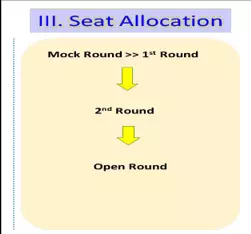
The seat allocation for the available postgraduate seats in participating INIs shall be done through online mode only. The seat allocation shall be conducted for at least Two (2) Rounds followed by Open Round. The detailed time schedules will be announced in due course of time.
For 1st and 2nd Round of seat allocation, qualified candidates will be called for Seat Allocation from the list of eligible candidates for admission.
The seat allocation shall be done in order of merit, choices made by the candidate and as per the reservation policies of individual INIs with regards to Institutional Preference, Community reservation (OBC, SC, ST, EWS etc.) and PwBD as applicable, through a process of Institute-wise Synchronization of Seat Allocation (In SAS). The institution specific policies will be mentioned in Part B of the Prospectus of individual INIs. The detailed procedure of Institute-wise Synchronized Allocation of Seats (In SAS) detail process will be published in due course of time.
Important Dates:
Date of uploading Prospectus Part-A & Part-B including
eligibility criteria |
30.09.2025 |
Date of uploading Notice for Seat position of
Sponsored/Foreign National Category |
30.09.2025 |
| Online Registration for application |
Start
date |
Closing Date |
| Online Registration for application |
30.09.2025 |
21.10.2025 (by 5:00 pm) |
Status of Registration and last date of
correction of rejected Images / incorrect registration details |
24.10.2025 |
26.10.2025 (by 5:00 pm) |
Final Status of online Registration and
uploading of admit card on
AIIMS website |
01.11.2025
(Saturday) |
| Date of Examination |
09th November, 2025 (Sunday) |
| Examination Centre |
Cities all
over India |
Uploading of valid Certificate/Card: Must upload
PWBD/SC/ST/OBC(NCL)/EWS/OCI Card/ Certificate from |
30.09.2025
to 21.10.2025 (by 5:00 pm) |
Last date of receiving of
the application form duly recommended & forwarded with “No Objection Certificate” from the Ministry of Health &
Family Welfare, Govt. of India for Foreign Nationals to apply and appear in the INI-CET for PG courses –January 2026
session |
07.11.2025 (by 05:00
pm) Friday |
Last date to Upload scanned
copy of Sponsored Certificate in the Completion of
Application form |
07.11.2025
(by 05:00 pm) Friday |
| Expected date of declaration of INI-CET Result |
15.11.2025,
Saturday |
Online Seat Allocation including
Open Round of seat allocation |
Will be
notified separately |
| Date of starting of courses |
1st January 2026 |
| Last date of admission |
28th
February, 2026 |
